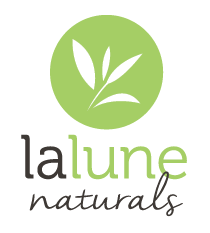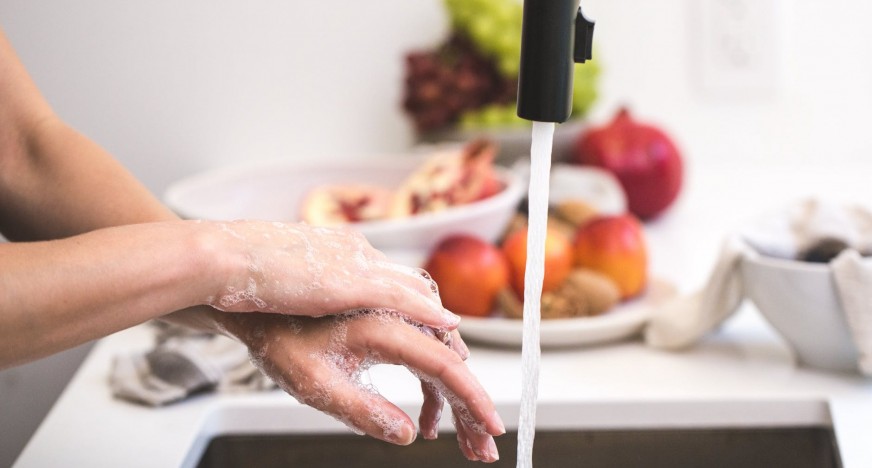There’s far more to bathroom soap than how much it costs and how well it lathers. You’ve probably seen handmade, natural soaps that are more expensive than their regular cousins, but might not have given much thought about why they’re different or whether they’re worth the extra money.
However, handmade soap has many benefits that make the small extra cost very worthwhile. Here are five valid reasons for leaving your regular soap behind and switching to handmade.
Fewer Chemicals
Most factory-produced soap is produced using chemical additives to reduce costs, give a long shelf life, and guarantee a consistent product. That might sound like simple manufacturing sense, but the problem is your skin absorbs a little of most liquids it touches through a process called osmosis. Do you want to soak in a chemical bath, knowing the ingredients could be going straight into your bloodstream? With natural, handmade soaps you know precisely what they contain, and you can bathe with complete peace of mind.
Skin Nourishment
Unless you buy an expensive soap aimed explicitly at the beauty market, you probably can assume it was designed purely to get rid of grease and grime from the surface of your skin. In contrast, handmade soaps often include extra healthy ingredients such as essential oils to nourish and strengthen your skin as well as cleansing it.
Less Dryness
The harsh chemicals in industrially made soaps can often lead to dry and cracked skin. Sometimes, moisturizing agents are added to the soap to make up for this, but this is merely increasing the chemical content even more. Handmade, natural soaps are kinder to your skin, moisturizing naturally to give you a smooth, supple complexion.
Natural Fragrances
Handmade soaps usually have the scents of natural herbs such as lavender, lemongrass, or anything else that takes your fancy. Most mass-produced soaps use chemical fragrances to guarantee every bar will smell identical for as low a price as possible. Once again, cheap chemicals are given priority over natural gentleness.
Eco-Friendly and Sustainable
Lastly, the chemicals in most soaps aren’t often very good for the environment. They don’t biodegrade readily, and build up in watercourses and rivers, causing harm to the aquatic life. What’s more, the worst of these chemicals can stick around for decades. A natural, organic soap contains none of these environmentally destructive compounds and will biodegrade quickly and easily.
Natural soaps may cost slightly more than their factory-made equivalents, but these benefits make every extra cent worth paying. And as they’re available in a range of gentle, pampering varieties, your daily soap will become a treat rather than a simple routine.
DIY Lemon Soap Recipe:
What You’ll Need:
-1 lb Shea butter melt & pour soap base [cut into one-inch cubes]
-10 drops lemon essential oil
+ silicon mold
Directions:
1. Add soap to a microwaveable bowl.
2. Microwave on high for 30 seconds. Take the bowl out and stir the mixture. Then continue to microwave in 10-second intervals, stirring in between, until soap is melted.
3. Stir in the lemon essential oil.
4. Pour into a silicone mold.
5. Let sit for 40 minutes to 1 hour at room temperature until hardened.
6. Remove from silicone mold by gentling pushing on the bottom.


0 Comment